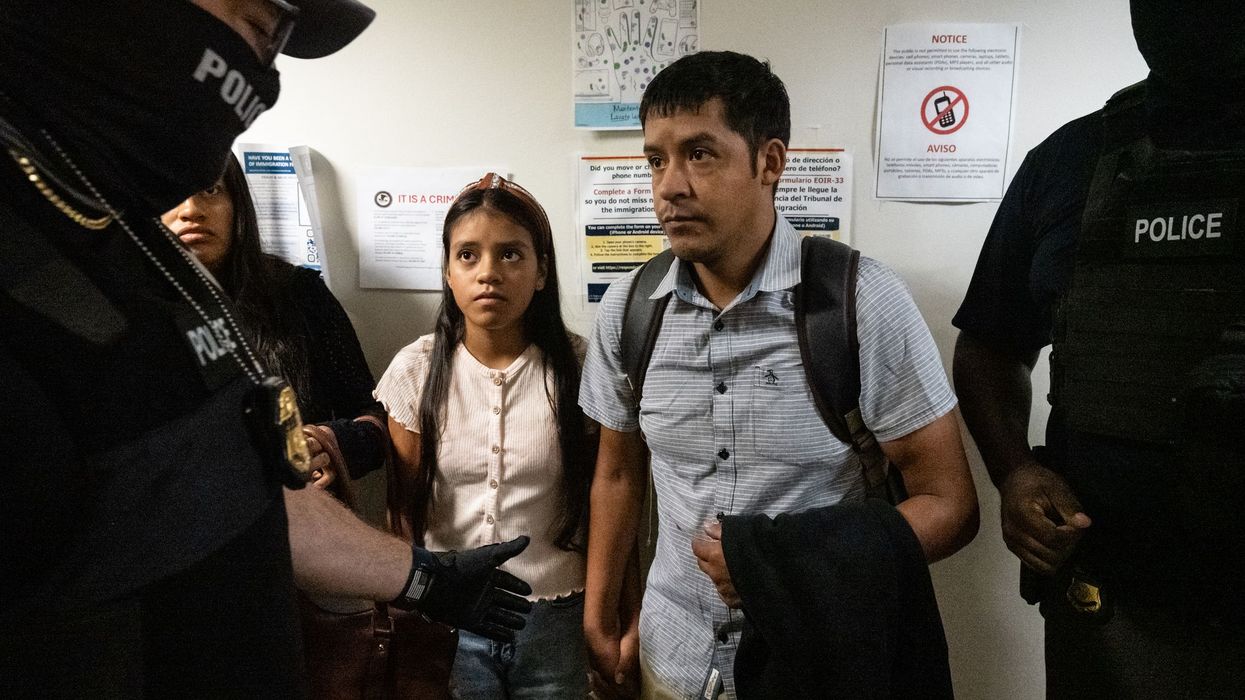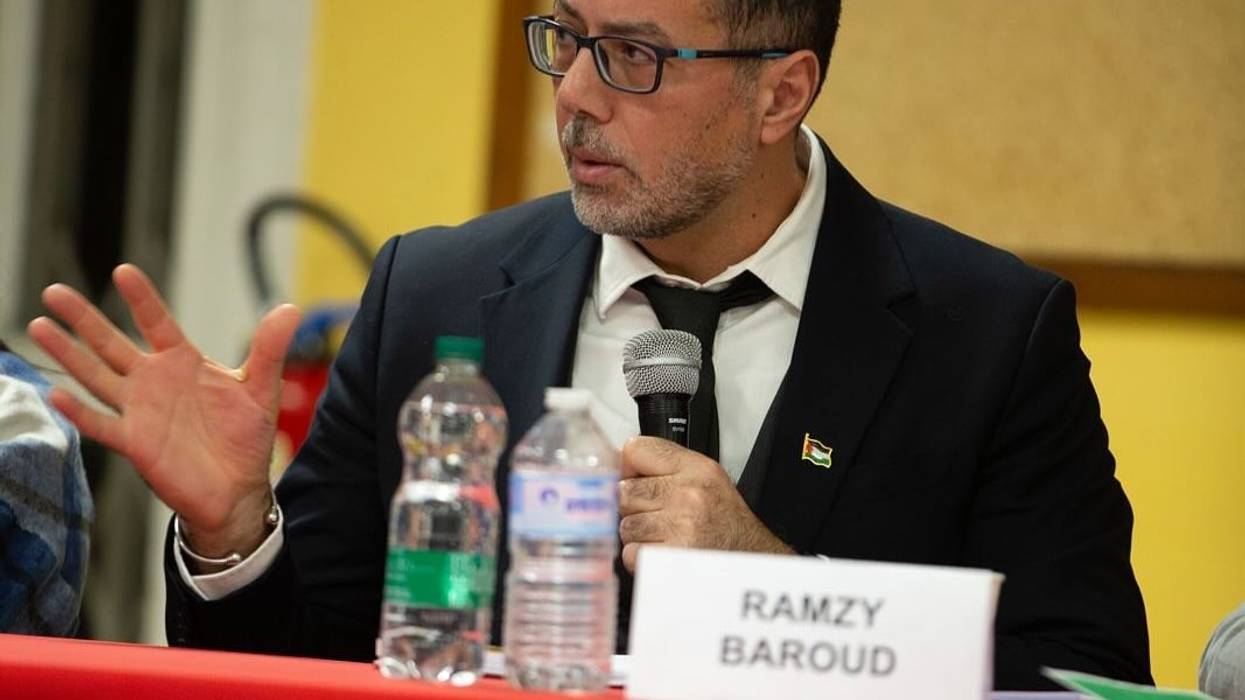'Monday Afternoon Massacre': Trump Fires 8 Immigration Judges in NYC
"The goal is to transform an imperfect system which aimed for fairness into a rubber stamp mill, leaving only the 'deportation judges' they want," said one policy expert.
As the Trump administration intensifies a push to hire what officials call "deportation judges," eight judges were fired Monday from the New York City immigration court that's become the epicenter for anti-immigrant enforcement in the city.
The National Association of Immigration Judges, the union that represents judges who handle immigration cases, confirmed to the New York Times that the eight officials had been dismissed in what one recently fired judge described as a "Monday afternoon massacre."
"The court has been basically eviscerated,” said former Judge Olivia Cassin, who presided over another immigration court in New York City until being fired in November, told the Times.
The judges who were dismissed Monday had worked at the immigration court at 26 Federal Plaza, where the city's US Immigration and Customs Enforcement (ICE) offices are also located.
The building has been the scene of harrowing ICE arrests in recent months, with an agent throwing an asylum-seeker to the ground in September as she pleaded with him not to detain her husband, and masked officers arresting NYC Comptroller Brad Lander in June when he tried to offer assistance to an immigrant.
The immigration court at 26 Federal Plaza employs 34 judges. Nearly 100 immigration judges have now been fired across the US this year.
Among those dismissed on Monday was Judge Amiena A. Khan, who served as the assistant chief immigration judge and supervised other jurists.
The Transactional Records Access Clearinghouse found that from 2019-24, Khan ruled on 620 asylum cases and granted asylum to 544 applicants. Cassin decided on 669 asylum cases from 2020-25 and granted asylum to 582 people. Immigration judges across the country denied asylum to refugees more frequently than Khan and Cassin over those same periods, according to TRAC.
After Monday's dismissals were announced, American Immigration Council senior fellow Aaron Reichlin-Melnick posited that "the Trump administration is systematically firing immigration judges across the country for no reason other their above-average grant rates."
Last week, the US Department of Homeland Security (DHS) posted on social media a call for legal professionals to join the Justice Department as "a deportation judge to defend your community."
"End the invasion," urged DHS.
David Bier, director of immigration studies at the libertarian Cato Institute, said the Trump administration appears to want "to poison the applicant pool."
"The job of an immigration judge isn’t to 'end the invasion,'" said Bier. "It is to evaluate whether someone is eligible for relief from deportation under civil immigration law."
Immigration attorney Allen Orr said Tuesday that if an administration's goal is to "improve vetting, you don't fire eight immigration judges in NYC—the epicenter of the national backlog."
Such mass firings are done, he said, "to stall the system, punish immigrants, and create crises. Dismantling is deliberate, not security."
On Monday, former Chicago immigration Judge Carla Espinoza described to Al Jazeera how she was abruptly fired from her courtroom position in July.
The judges who have been fired this year include "attorneys who previously represented immigrants or provided pro bono help to immigrants before they became a judge," she said.
In this episode of #UNMUTE, former US immigration judge Carla Espinoza discusses the wave of firings of judges under the Trump administration. pic.twitter.com/HhT1jhxhzt
— Al Jazeera English (@AJEnglish) December 1, 2025
"For the first time," said Espinoza, "we're seeing a clear indication that there's an expectation that we do things a certain way, that we rule on motions in cases before us a certain way, that we rush through cases, which is something we've never heard before."


